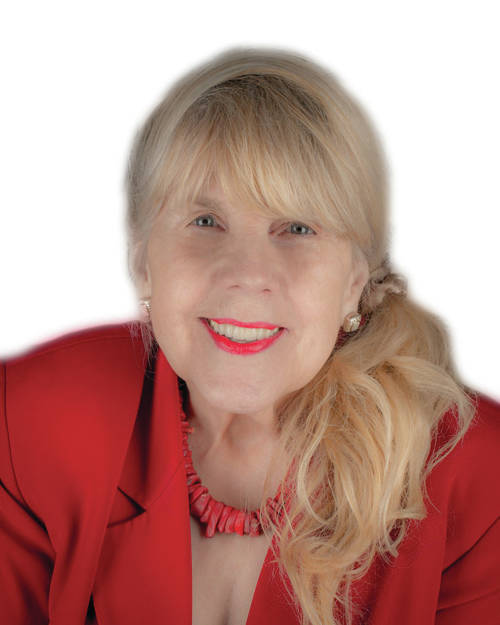
Like some other American patriots, Capt. Daniel Hance joined the U.S. Army following 9/11, determined to play his part in bringing to justice those who would invade the U.S. mainland and take thousands of civilian lives.
He learned one of the ongoing costs of war to those who serve after an unfit officer commanded him to stay behind to guard vehicles and equipment in Iraq. Soon after his unit pulled out, he was attacked by enemy forces and lost the joint in his left shoulder. He was transported to Baghdad and then to Germany.
When I asked him to detail the incident, he replied, “I’ve spent lots of time in therapy to not remember.” Because of his extensive military experience (2002 to 2019) and his desire to help veterans and their families transition from military into civilian space, he created The Catalyst Program (www.TheCatalystProgram.org/apply), to help these men and women get ahead of the issues with PTSD which they experience at one or more points in their lives.
John Looker, U.S. Army, Purple Heart recipient, Vietnam (1967 to 1969) understands on a deep level what Hance means because of his experience at the Battle of Angel’s Wing on Mar. 9, 1969, when he was grievously injured and men who served with him were killed in an irrigation ditch in Vietnam.
Looker says, “I’m now a member of the American National Committee for Veterans Education and Employment. We have a call about suicide at least once a month. Twenty-two is not just a number: it’s the number of veterans who commit suicide every day. The horrors, nightmares, and demons of war are real and stay with veterans for the rest of their lives.
“Veterans need to reach out for assistance in controlling them. There is help out there, and they need to seek it out for ones they’ll be leaving behind. And most of all for themselves.”
Looker continues, “My friend called me, and I was 30 minutes away. Before I got there, he took a gun to his head, His horrors, nightmares and demons were gone, but for his family and friends, it was just the beginning. We carry the guilt for the rest of our lives.”
U.S. Air Force veteran, Larry Dragosavac tells of his brother who joined the U.S Army while Dragosavac was serving and was killed. He writes, “I deal with the death of my brother and son (who died of a heart complication) by associating with good people, attending church, playing guitar, playing golf, and praying every morning and night, thanking God that I have had a good day and praying for those who have not.”
Carl DeSantis, U.S. Army, says of his service in a war zone, “What I saw, heard, smelled, tasted, and touched comes back like a rip current below the surface. I want to shake off the weight of war, the struggle with memory, the night sweats born of kicking dirt, sand, mud, and butt.” His answer to those who are struggling is to serve others, one person at a time, that the future is now, and that with one step, one day at a time, he is helped as he helps others. He also recommends finding a best friend or a buddy to lean on — VFW, American Legion, AMVETS with a mantra of “I did, I am, I can.”
At almost 100 years old, Harry Ashburn, World War II veteran, knows first-hand the power of education after combat. Education has allowed him to lead a rich life as history teacher, coach, and principal. And this articulate and powerful man knows the value of giving back, over and over.
In closing, I’d like to note that we all have different approaches when we’re ready to throw in the towel, call it quits. As combat veterans and others approach their special day on Nov. 11, I hope they will realize that the depression they feel is magnified by the divisions in this country, the political nastiness, the coronavirus, and other factors.
Veterans, know that your service was and is important. Know that as a country we will navigate these troubled waters. Know that a brief internet search will help you locate help in your area. Make those first steps. And if you’re too weary to do even that, call me, and I will talk to you and hook you up with men and women who can help.





